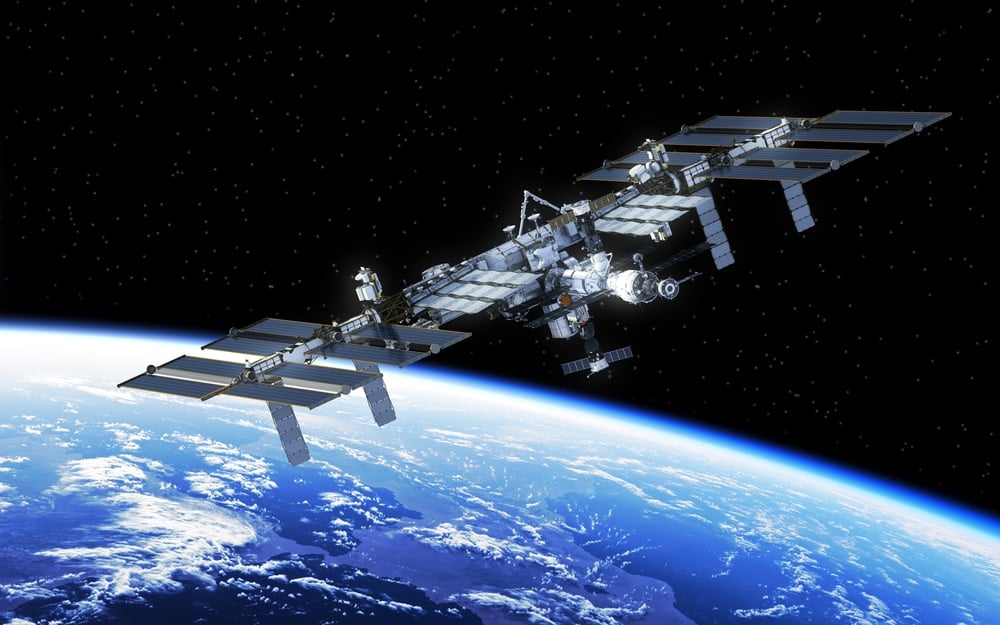By UC San Diego Today –
Findings reveal space-induced genetic, mitochondrial and inflammatory stress in blood-forming stem cells, offering insight into aging and risk of disease during long-duration space travel.
Researchers from University of California San Diego Sanford Stem Cell Institute have discovered that spaceflight accelerates the aging of human hematopoietic stem and progenitor cells (HSPCs), which are vital for blood and immune system health. In a study published in Cell Stem Cell, the team used automated artificial intelligence (AI)-driven stem cell-tracking nanobioreactor systems in four SpaceX Commercial Resupply Services missions to the International Space Station (ISS) to track stem cell changes in real time. The findings show that the cells lost some of their ability to make healthy new cells, became more prone to DNA damage and showed signs of faster aging at the ends of their chromosomes after spaceflight — all signs of accelerated aging.




